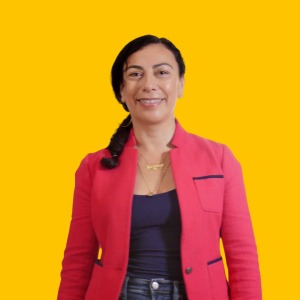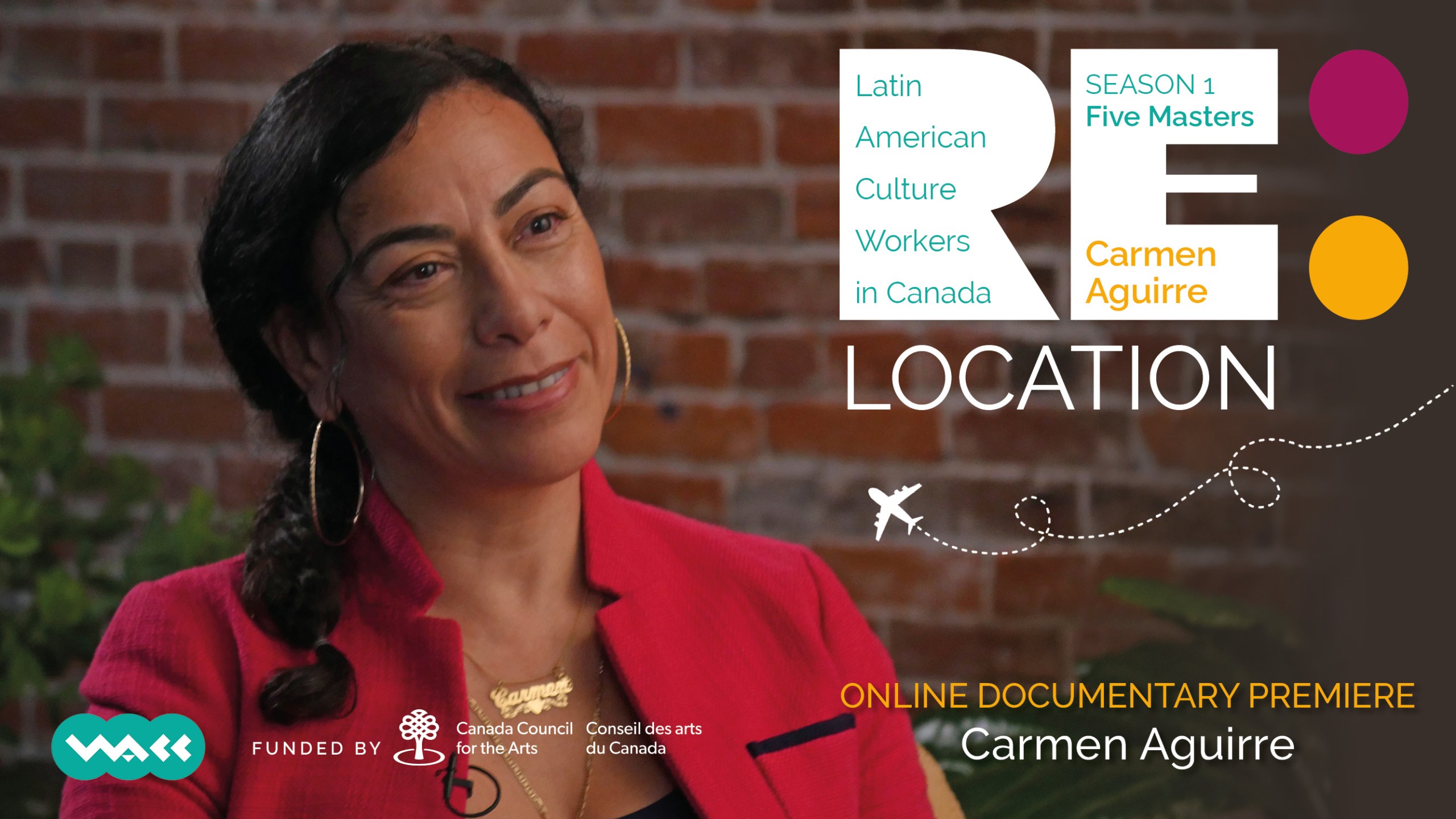

Shortly after arriving, my mother, my uncle, and other Chileans formed a music group called Resistencia. They performed the songs of Inti-Illimani, Quilapayun, Violeta Parra, and Victor Jara. During the 1976 Habitat Forum, an international conference on sustainable development held in Vancouver, members of the UBC Theatre Department went to see the Chilean exhibit, organized by the Chilean community in exile. They were so affected by the presentation, which featured photos of the coup and of disappeared political prisoners displayed on a wall behind barbed wire, that they decided to create a play that denounced U.S. involvement in the coup and its Canadian corporate funders. They approached Resistencia and over a period of months, the UBC Theatre Department and Resistencia worked together to create The Chile Show, which featured Resistencia performing songs on stage along with the actors acting in the play.
The Chile Show had a sold-out run at The Vancouver East Cultural Centre. Its content was so powerful that The Cultch workers donated a week’s salary to families of the disappeared in Chile. I was eight years old and after school and on weekends I would attend the play’s workshop sessions and rehearsals. I was witness to the first Latin American-themed collective creation involving Latin American artists in Vancouver. It was thrilling and galvanizing to see the audiences of the sold-out houses give the show standing ovations night after night.
Years later, in 1990, when I started theatre school, I was told to hide who I really was in order to get work. To assimilate. I was also told that it would be better to do something else with my life, because as a racialized Latina woman I would not get any parts other than the odd maid and sex worker roles. I pressed forward. I knew that plays like The Chile Show were not only crucial for the creation of a diverse and representative artistic ecosystem in this country of refugees and immigrants, but that audiences were hungry for them.
It was in theatre school that I decided to tell stories about the Latinx community in Canada. And to create them from a dignified lens. Not a voice that simply performs gratitude to the mainstream for “letting us in”. Three decades later, I continue to write plays that centre proud Latina women unabashedly grounded in their Latinx roots, and, along with other Latin American cultural workers, to fight for the space and resources to share our vision.
Carmen Aguirre
Watch actress Carmen Aguirre’s professional journey during the fourth episode of Re:Location.
